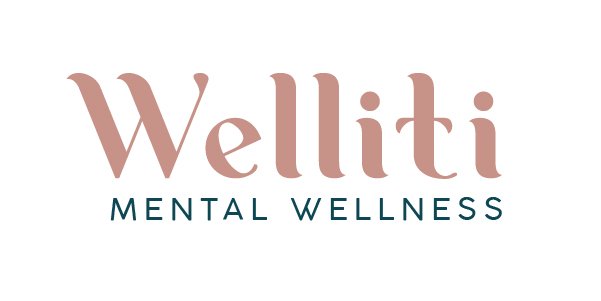What Is Anxiety?
People talk about anxiety all the time, but what is anxiety? What are the symptoms? How do you know if you have anxiety? The Diagnostic and Statistical Manual of Mental Disorders (DSM-5) is used to diagnose and classify mental disorders. According to the DSM-5, anxiety is characterized by excessive, unrealistic worry or fear about everyday situations. To be diagnosed with an anxiety disorder, an individual must meet certain criteria outlined in the DSM-5. These symptoms include:
Excessive anxiety or worry about a number of events or activities, occurring more days than not for at least six months.
Difficulty controlling the worry.
At least three of the following six symptoms are present: restlessness, fatigue, difficulty concentrating, irritability, muscle tension, and sleep disturbance.
The anxiety causes significant distress or impairment in social, occupational, or other areas of functioning.
The anxiety is not due to substance use or a medical condition.
The anxiety is not better explained by another mental disorder, such as panic disorder, posttraumatic stress disorder, or obsessive-compulsive disorder.
It's worth noting that the diagnosis of an anxiety disorder is made based on the overall clinical picture and not just the above criteria. This criteria is just a guide to rule out other possibilities.
There are several ways to manage and reduce anxiety, including:
Therapy: Talking with a therapist or counselor can help you learn coping strategies and techniques for managing anxiety.
Medication: Antidepressant and anti-anxiety medication can help reduce symptoms.
Relaxation techniques: Deep breathing, meditation, and yoga can help calm the mind and reduce tension in the body.
Exercise: Regular physical activity can help reduce anxiety and improve overall mental health.
Sleep: Getting enough sleep can help improve mood and reduce anxiety.
Social Support: Talking to friends or family, joining a support group, or participating in online communities can provide a sense of connection and support.
Lifestyle changes: Eating a healthy diet, reducing alcohol and caffeine consumption, and avoiding drugs can significantly reduce symptoms of anxiety.
What works for one person may not work for another, so it may take a variety of tools along with trial and error to find the best course of treatment for you. If your anxiety is severe or interfering with your daily life, it's important to seek professional help. Action cures fear.
✌🏾Be Well


